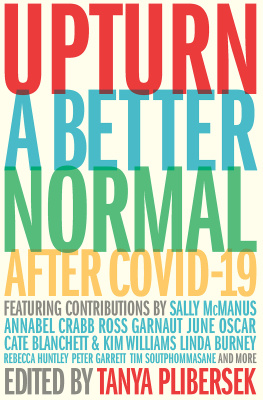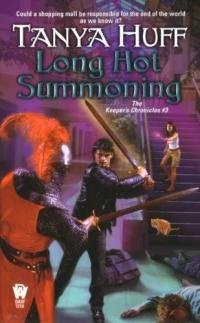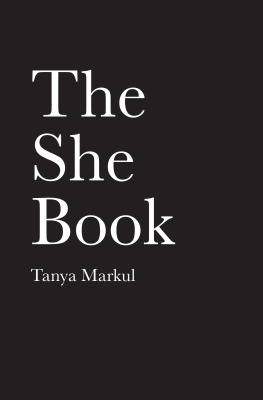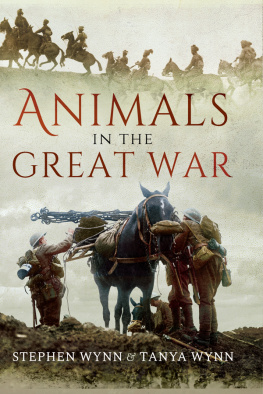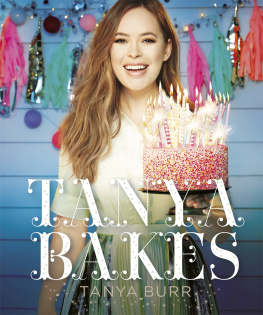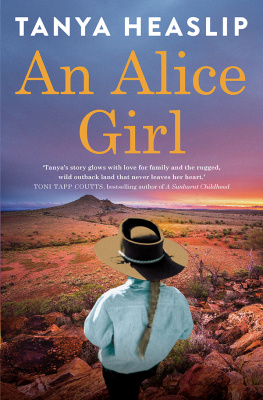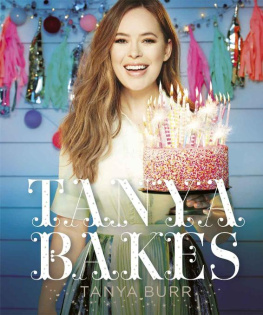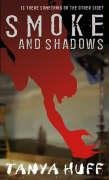Tanya Plibersek - Upturn: A Better Normal after Covid-19
Here you can read online Tanya Plibersek - Upturn: A Better Normal after Covid-19 full text of the book (entire story) in english for free. Download pdf and epub, get meaning, cover and reviews about this ebook. year: 2020, publisher: NewSouth Publishing, genre: Politics. Description of the work, (preface) as well as reviews are available. Best literature library LitArk.com created for fans of good reading and offers a wide selection of genres:
Romance novel
Science fiction
Adventure
Detective
Science
History
Home and family
Prose
Art
Politics
Computer
Non-fiction
Religion
Business
Children
Humor
Choose a favorite category and find really read worthwhile books. Enjoy immersion in the world of imagination, feel the emotions of the characters or learn something new for yourself, make an fascinating discovery.
- Book:Upturn: A Better Normal after Covid-19
- Author:
- Publisher:NewSouth Publishing
- Genre:
- Year:2020
- Rating:4 / 5
- Favourites:Add to favourites
- Your mark:
- 80
- 1
- 2
- 3
- 4
- 5
Upturn: A Better Normal after Covid-19: summary, description and annotation
We offer to read an annotation, description, summary or preface (depends on what the author of the book "Upturn: A Better Normal after Covid-19" wrote himself). If you haven't found the necessary information about the book — write in the comments, we will try to find it.
Upturn: A Better Normal after Covid-19 — read online for free the complete book (whole text) full work
Below is the text of the book, divided by pages. System saving the place of the last page read, allows you to conveniently read the book "Upturn: A Better Normal after Covid-19" online for free, without having to search again every time where you left off. Put a bookmark, and you can go to the page where you finished reading at any time.
Font size:
Interval:
Bookmark:

A NewSouth book
Published by
NewSouth Publishing
University of New South Wales Press Ltd
University of New South Wales
Sydney NSW 2052
AUSTRALIA
newsouthpublishing.com
Tanya Plibersek 2020
First published 2020
This book is copyright. While copyright of the work as a whole is vested in the editor, Tanya Plibersek, copyright of individual chapters is retained by the chapter authors. Apart from any fair dealing for the purpose of private study, research, criticism or review, as permitted under the Copyright Act, no part of this book may be reproduced by any process without written permission. Inquiries should be addressed to the publisher.
 | A catalogue record for this |
ISBN9781742237206 (paperback)
9781742245096 (ebook)
9781742249612 (ePDF)
Cover design Design by Committee
Author proceeds for this title go to the Rev. Bill Crews Foundation and the Wayside Chapel.
All reasonable efforts were taken to obtain permission to use copyright material reproduced in this book, but in some cases copyright could not be traced. The author welcomes information in this regard.

June Oscar
Peter Garrett
Ross Garnaut
Sally McManus
Jenny Macklin
Wayne Swan
Stephen Koukoulas
Linda Burney
Lachlan Beel and Eli Scott
Annabel Crabb
Rae Cooper and Sarah Mosseri
Cate Blanchett and Kim Williams
Adrian Pisarski
Paul Torzillo
Sharon Lewin
Ian Chubb
Tanya Plibersek
Rebecca Huntley
Tim Soutphommasane
Gabrielle Chan
Fiona Simson
Annie ORourke
Greg Combet
Daniel Petre
Cameron Clyne
Heather Ridout
Jim Chalmers
Andrew Charlton
Lenore Taylor
Gareth Evans
A year ago people would have told you it was impossible for school children to shift overnight to online learning; impossible for banks to offer mortgage holidays; impossible to double unemployment benefits; impossible to house rough sleepers or put a hold on evictions; impossible to offer wage subsidies, and absolutely impossible to get Australians to stay home from the beach and the pub.
In February 2020, as debate emerged about a new type of coronavirus, it seemed impossible that Australia would avoid the fate of nations similar to ours, which had hospitals straining under the weight of new infections and makeshift morgues in parks and public squares.
Yet many of our assumptions have been disproved. In some cases, we have done better than we could have expected. We have listened to medical experts and, for the most part, followed their advice. We have been disciplined and kind. We have risen to the challenge. We have put our lives on hold to protect the health of the majority.
Of course, there have been examples of high stress and bad behaviour: of panic buying and camera phone footage of fights in the toilet paper aisle of supermarkets. A few of these scenes got pretty ugly. Some people have refused to stay home when sick or refused to be tested. Some of the worst behaviour came from people proudly filming themselves behaving badly arguing with police or shop assistants about their human right not to wear a mask. But for every case of selfishness, there have been ten cases of love and community spirit, of patriotism and solidarity at its practical best. We are learning a lot about ourselves, both good and bad: thank goodness for Medicare; essential workers arent always paid according to their worth; insecure work and low wages are bad for everyone if sick people keep working or consumer demand drops across the economy; if you have a complex problem, its worth talking to an expert and listening to the science; our public servants arent all useless shiny bums; and if we want to be more self-reliant, we need a nimble manufacturing sector, preferably powered by cheaper, cleaner renewable energy.
Neither the health crisis nor the economic crisis caused by the virus are over, and it is still possible that things will get worse before they get better. Nevertheless, we have a responsibility to begin to consider the shape of the society and economy we want to rebuild. Australia will face massive questions over the next few years questions as big as the ones we faced coming out of the Second World War.
After the sacrifices of the Second World War, the Australian government promised our suffering population full employment and higher homeownership, and they delivered. There followed many years of unemployment rates of around 2 per cent, and homeownership climbed by 10 per cent in just seven years.
Wars, recessions, depressions and pandemics all of them are devastating. All change societies and economies fundamentally. Changes that would usually take years happen overnight. Things that seem impossible become commonplace and necessary. The Black Death halved the population of Britain in the 1300s, We cant always prevent disaster, but we can determine how we respond.
What are todays equivalents? People have sacrificed so much in 2020. Some have lost family members and couldnt be at their bedside or even at their funeral. Hundreds of thousands of Australians lost their job or business. Children have fallen behind at school. Many of these sacrifices were because of government-mandated shutdowns, which protected the health of our community but came with high costs. The sacrifices were necessary, but they were very painful. This discipline deserves a better future, not a snap back to moribund growth and increasing inequality. Even before the pandemic we had almost 2 million Australians who didnt have a job or enough hours of work, economic growth was weak, businesses werent investing and consumers werent spending. Wages growth was at record lows and our national debt had more than doubled.
Some will now reflexively demand tax cuts for big business and pay cuts for low-paid workers as a way of kick-starting the economy. Some will demand immediate cuts to government spending and our public services. The Government has already forced many to withdraw their retirement savings from superannuation just to survive. These are a recipe for a slower, more painful recovery, and a much less equal country on the other side.
Instead, Australia needs strong, inclusive, environmentally sustainable economic growth. Good wages support confidence and demand in our economy. A well-paid, secure middle class is not the distant end-goal of economic growth: it is the precondition for it.
We should aim for full employment. That includes a strongly growing private sector driven by increased productivity and a fair, streamlined tax system. We must harness the intellect and inventiveness of our people. We need to invest in research and development, but also in commercialisation. We can be a country that makes things, powered by cleaner, cheaper renewable energy. We shouldnt turn our back on global trade, because we are an exporting nation, but it might be that supply chains are disrupted for some time and we need to have a greater capacity for diversification and self-reliance than we imagined.
Font size:
Interval:
Bookmark:
Similar books «Upturn: A Better Normal after Covid-19»
Look at similar books to Upturn: A Better Normal after Covid-19. We have selected literature similar in name and meaning in the hope of providing readers with more options to find new, interesting, not yet read works.
Discussion, reviews of the book Upturn: A Better Normal after Covid-19 and just readers' own opinions. Leave your comments, write what you think about the work, its meaning or the main characters. Specify what exactly you liked and what you didn't like, and why you think so.

